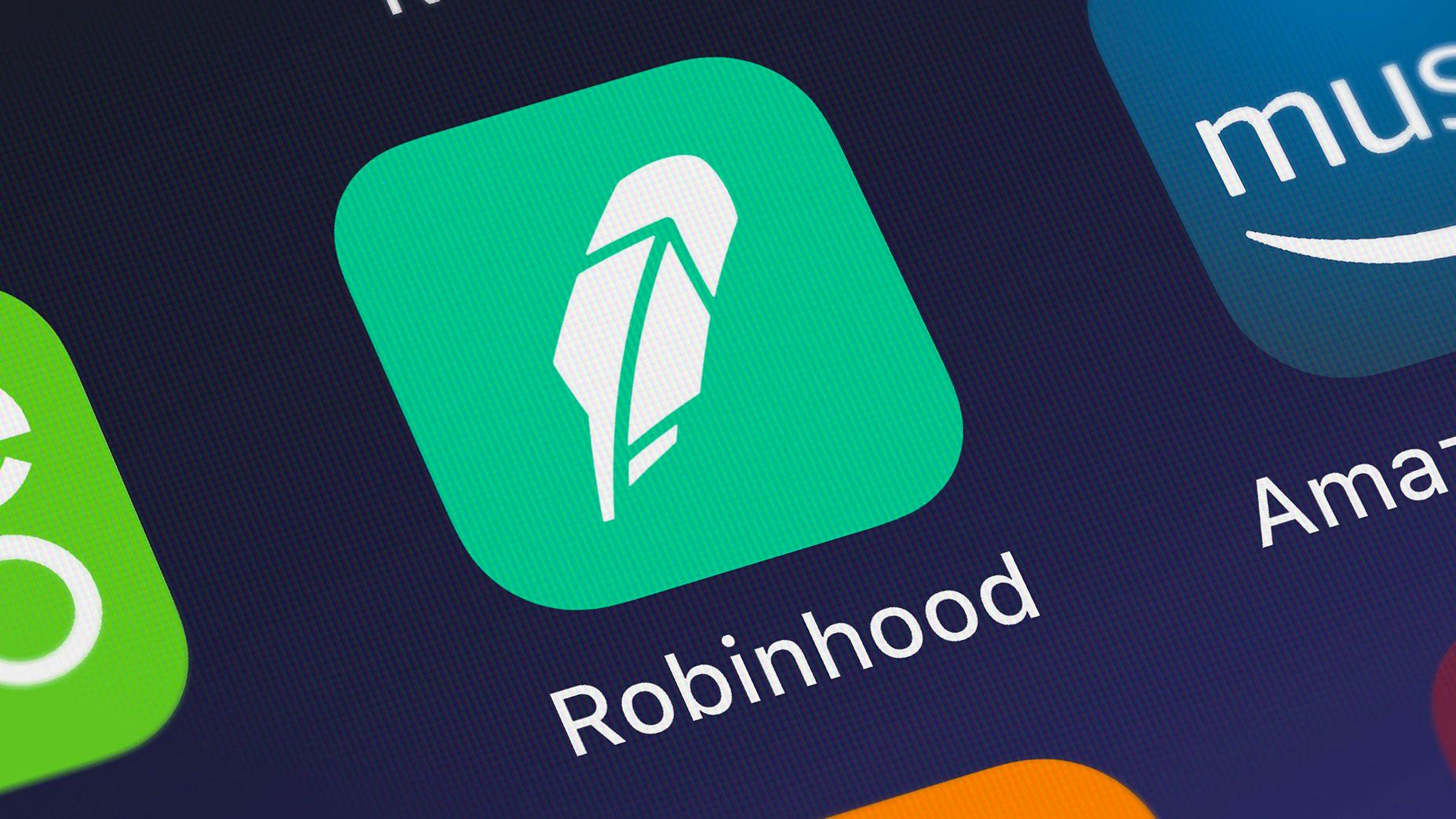5 Biggest Short Squeezes in the Last 25 Years

7 minutes for reading
Short squeeze has become a buzzword in the investment world after the skyrocketing of GameStop Corp. and AMC Entertainment Holdings Inc. stock hit global media headlines. But what is it about, and how does it work?
Let’s define the term Short squeeze, explain the main reasons behind this market phenomenon, and look at some of the biggest and most significant short squeezes over the last 25 years.
What are shorts, and short squeezes?
To understand a short squeeze, first, we need to explore the concept of short selling. Short selling is a trading strategy where an investor borrows a stock and sells it, anticipating that the stock price will fall so they can buy it back at a lower price, return it to the lender, and pocket the difference. The trader who plays the short side i.e. opens short positions, is called a short seller.
A short squeeze is a situation in the stock market when there is a rapid increase in the price of a particular public company’s shares. This stock is characterised by a large number of short positions and increased demand. The appreciation of the shares forces short sellers to promptly close unprofitable short positions to limit their losses, and thereafter buy the shares to return to the broker, which urges the stock price to increase faster.
A short squeeze might be triggered by positive news about the company whose positions are short, or the opening of a long position by a large investor. A short squeeze also has to do with the collective action of private investors who mobilise for a common purpose – to make short sellers incur losses.
AMC Entertainment short squeeze
The short squeeze of AMC Entertainment Holdings Inc. (NYSE: AMC) stock occurred in 2021. According to S3 Partners, about 20% of all the US cinema chain’s shares were traded in short positions at that time. Note that on average this figure is equal to 5%.
This large volume of selling positions triggered a short squeeze: on 4 January 2021, AMC Entertainment stock traded at the price of 2.01 USD per share; while during the trading session on 2 June, it reached 72.62 USD. As we can see, the share price skyrocketed 3512.94% in half a year.
Private investors united in groups of Reddit and Twitter social networks at the beginning of the year began to buy up the shares of struggling AMC Entertainment Holdings Inc. They considered the stock undervalued and thought that its price could be boosted by collective buying. In addition, they aimed for large hedge funds that had taken short positions in the cinema chain's stock to suffer losses, and they succeeded.
The short squeeze of AMC Entertainment Holdings Inc. stock attracted widespread media attention and was seen as a symbolic victory for private investors over the large Wall Street players. The situation proved the growing power of social media networking in financial markets, and the ability of private investors to influence the stock price of even the largest corporations.
Short squeeze on GameStop stock
The short squeeze of GameStop Corp. (NYSE: GME) stock took place from 4 to 28 January 2021, whereby the share price skyrocketed 2701.62%, up from 4.31 to 120.75 USD per unit. This was one of the most popular short squeezes of recent decades.
Retail investors from the WallStreetBets subreddit – much the same people who were responsible for the short squeeze of AMC Entertainment Holdings Inc. stock – initiated the event. Having noticed that the US gaming retailer’s shares were among the best-selling securities on the market at that time, they began buying them up en masse.
This caused the share price to rise and forced the short sellers to urgently close their positions at immense losses. For example, the large hedge fund Melvin Capital Management LP was shut down a few months later due to the losses it suffered.
Individual investors from WallStreetBets managed to mobilise quickly and coordinate their actions. This served as an alarm for many investors who are now more aware of the power of social media networks and online communities in influencing financial markets and investment decisions.
Beyond Meat short squeeze
Beyond Meat Inc. (NASDAQ: BYND), which is currently the world's largest producer of plant-based meat substitute, went public on the NASDAQ exchange in early May 2019. The company offered 9.63 million ordinary shares in its IPO, thereby raising 240 million USD.
Investors who had taken short positions in the shares of Beyond Meat Inc. in May were convinced that the company was overvalued, and its quotations were bound to drop significantly in the coming days. At the time, more than five million shares, which is more than 50% of all the securities available on the stock exchange, were being shorted.
However, the pioneering idea of creating healthier and more environmentally friendly food products attracted many investors. Consequently, Beyond Meat Inc.'s shares began to appreciate. The public offering was priced at 25 USD per unit and had already reached US$239.71 on 26 July 2019, showing a rise of 858.84%.
Tesla short squeeze
On 2 January 2020, the shares of American electric car maker Tesla Inc. (NASDAQ: TSLA) were quoted at 28.68 USD. They moved rapidly upwards during the year and reached the price of 239.57 USD on 31 December, recording a growth of 735.32%.
The short squeeze in Tesla Inc. shares was one of the most unexpected and profitable in the history of trading in decades. It was triggered by a combination of factors, including a surge in demand for electric vehicles and the charismatic leadership of Elon Musk. The corporation’s stock price began to soar, putting pressure on short sellers, who suffered multi-billion losses as a result of betting against the car maker.
The short squeeze of Tesla Inc. stock reflected the growing influence of ESG investing on the stock market. The focus of the company on electric vehicles and green energy made it a popular choice among people and companies who cared for the environment and other global issues and who were aiming at making investments that did not contradict their values.
Short squeeze on Volkswagen stock
One of the most famous, significant and big short squeezes of the 21 century is the sharp rise in the stock price of German car maker Volkswagen AG (XETR: VOW) in 2008. Between 24 and 28 October in that year, the company’s share price recorded a 376.65% growth, up from 210.85 to 1005.01 EUR.
On 26 October 2008, Porsche announced that it owned a stake in Volkswagen AG and was ready to acquire the company, which was unexpected for the sellers of the concerned stock. They began closing their short positions in a panic, thereby heating up the share price of Volkswagen AG even more. This event also had profound consequences for the financial markets, contributing to the global financial crisis that broke out shortly afterwards.
Summary
As examples of major short squeezes over the past 25 years, we have looked at the sharp rise in the share prices of companies such as AMC Entertainment Holdings Inc., GameStop Corp., Beyond Meat Inc., Tesla Inc., and Volkswagen AG. These stock market phenomena once again highlight the serious risks that investors face when they play short.
Unexpected positive news, the release of quarterly reports, actions by large investors or collective action by individual investors can create a rush around a company's stock, thereby noticeably increasing the demand for its shares. For those who have taken short positions in them, such developments can lead to significant losses.
* – Past performance is not a reliable indicator of future results or future performance.
The material presented and the information contained herein is for information purposes only and in no way should be considered as the provision of investment advice for the purposes of Investment Firms Law 87(I)/2017 of the Republic of Cyprus or any other form of personal advice or recommendation, which relates to certain types of transactions with certain types of financial instruments.














 are complex instruments and come with a high
are complex instruments and come with a high  of losing
of losing  rapidly due to
rapidly due to  . 69,88% of retail investor accounts lose
. 69,88% of retail investor accounts lose  when trading
when trading  with this provider. You should consider whether you understand how CFDs work and whether you can afford to take the high
with this provider. You should consider whether you understand how CFDs work and whether you can afford to take the high